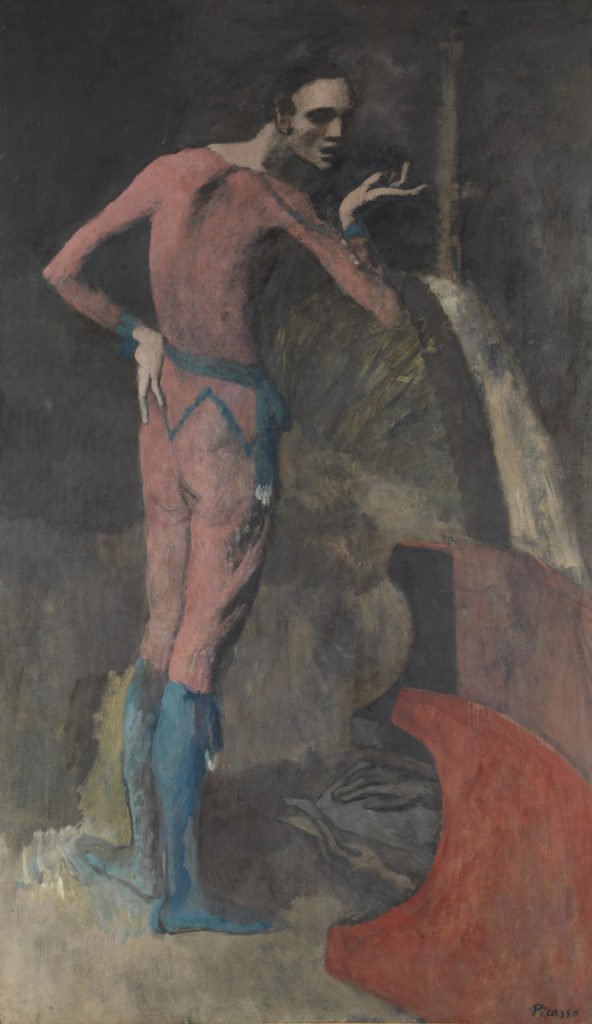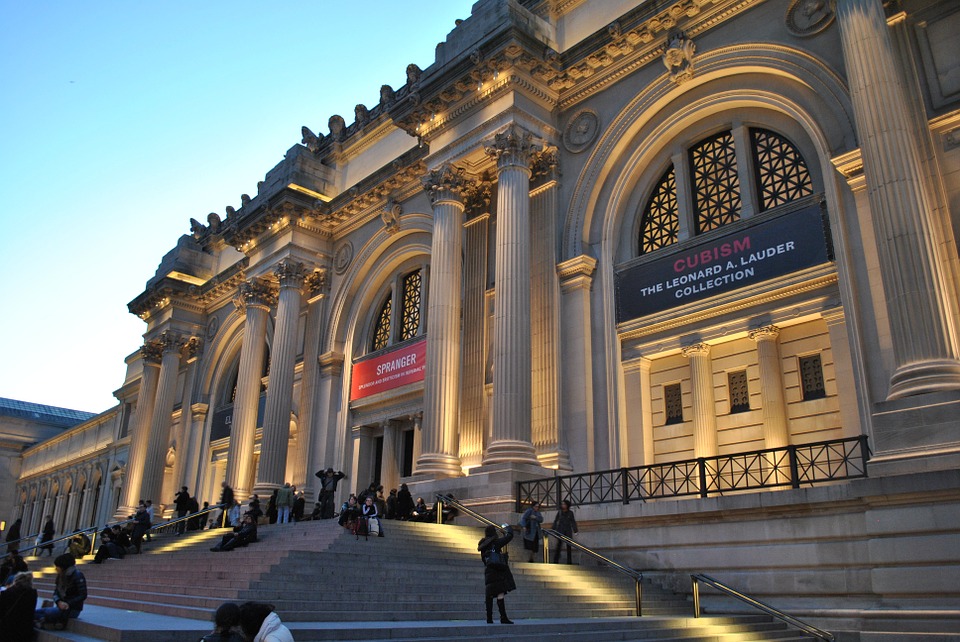A Pablo Picasso masterpiece will stay at New York’s Metropolitan Museum of Art after a federal judge ruled on Wednesday against a family who claimed their ancestors were forced to sell The Actor (1904–05) in order to flee Nazi-occupied Europe.
Jewish collectors Paul and Alice Leffmann sold Picasso’s painting in 1938 while looking for a way out of the tightening noose of Nazism and Fascism. The couple wisely left their native Germany in 1937, fleeing to Italy, only to realize they were still not safe. The $13,200 ($12,000 minus the seller’s commission) sale of The Actor to Parisian art dealers Hugo Perls and Paul Rosenberg financed their escape to Switzerland, and finally Brazil.
The case against the Met was brought by the Leffmann’s great-grandniece Laurel Zuckerman, who was seeking $100 million in damages. Courthouse News was among the first outlets to report the court’s decision.
“The Met welcomes the court’s thorough and well-reasoned decision dismissing the plaintiff’s claim to Picasso’s The Actor,” said the museum in a statement. “The Met considers all Nazi-era claims thoroughly and responsibly, and has restituted objects when evidence indicates that they were unlawfully appropriated during the Nazi era.”

The Actor was donated to the Met in 1952 by Thelma Chrysler Foy, who bought it from New York’s M. Knoedler & Co. in 1941 for $22,500—a 70 percent price increase in just three years. The complaint against the Met also noted that the museum’s records said that the painting had belonged to an anonymous German collector until 1938, even though the Leffmanns purchased it in 1912.
In her decision, US District Judge Loretta Preska wrote that “although the Leffmanns felt economic pressure during the undeniably horrific circumstances of the Nazi and Fascist regimes,” neither political group was party to the sale, which instead involved private individuals.
“Under New York law, the defendant must have caused the duress,” she added. “A general state of fear rising from political circumstances is not sufficient to allege duress.”
The initial complaint notes that the couple “was forced by the circumstances in Fascist Italy to sell.” Italy has stricter laws about such transactions that occurred after October 6, 1938, but the Leffmanns parted with their beloved Picasso in June of that year.
New York-based Impressionist and Modern art dealer David Norman told Bloomberg that if it were to come to market, The Actor could potentially break Picasso’s existing auction record of $180 million for Les femmes d’Alger (Version ‘O’), which was the most expensive work ever sold on the block at the time of its 2015 sale.
The Actor previously made headlines in 2010, when a visitor to the museum fell and tore a six-inch hole on the canvas. The damage was promptly repaired.


























